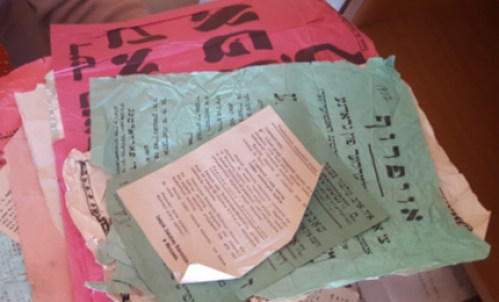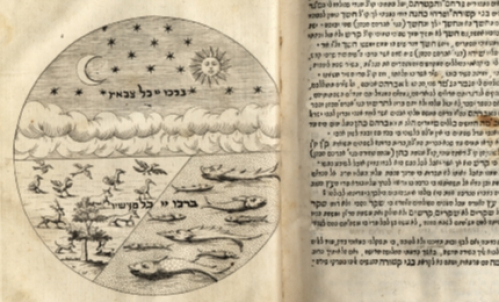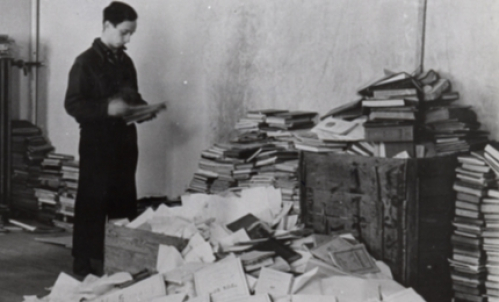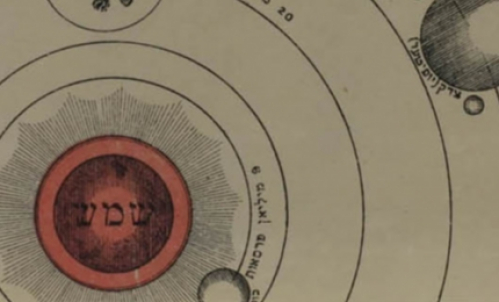Jewish Resistance during the Pogroms in Ukraine in 1918-1921
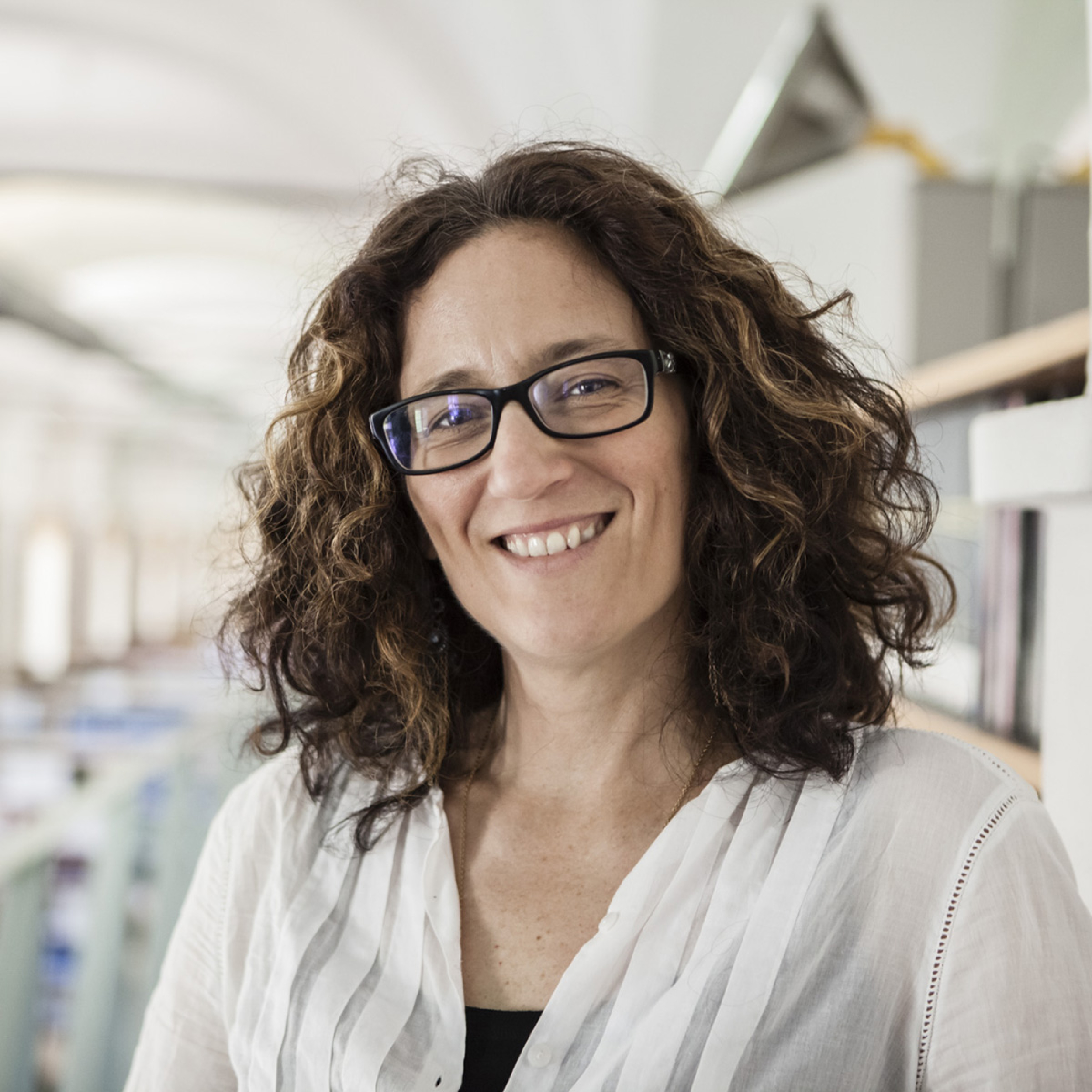
|
Yiddish Civilization Lecture Series
Admission: Free |
Elissa Bemporad | Delivered in Yiddish.
This talk will explore the different forms of Jewish resistance to the wave of unprecedented violence that devastated the Jewish communities of Ukraine in 1918-1921. The responses to the pogroms took on multifaceted expressions ranging from the establishment of self-defense units to the systematic collection of witness accounts and reports by writers, medical workers, and communal leaders; from the erection of memorials to the creation of archives. The impetus for these responses to the khurbn, or destruction, in the Ukrainian towns and cities was as many-sided as the expressions of resistance themselves, and varied from the desire to preserve the memory of violence for generations to come to the attempt to ensure the perpetrators’ accountability. It will be argued that the words and deeds of the Jewish men and women who experienced the violence of this period built both on the memory of previous waves of pogroms, as well as on new strategies that grew out of the specific geopolitical reality engendered by World War I and the Bolshevik Revolution.
ייִדישער ווידערשטאַנד בשעת די אוקרײַנער פּאָגראָמען פֿון 1918־1921
אין דעם רעפֿעראַט וועלן באַהאַנדלט װערן די פֿאַרשיידענע מינים ייִדישער ווידערשטאַנד בשעת דער ריזיקער כוואַליע גוואַלד־מעשים וואָס האָבן אַרומגענומען די ייִדישע קהילות אין אוקרײַנע פֿון 1918 ביז 1921. די ייִדישע אָפּרופֿן זײַנען געווען פֿאַרשיידן־מיניקע, למשל: דאָס שאַפֿן ייִדישע זעלבשוץ־איינהײַטן און דאָס זאַמלען גבֿית-עדותן און באַריכטן צווישן שרײַבער, מעדיקער און געזעלשאַפֿטלעכע טוער. מען האָט אויך אויפֿגעשטעלט דענקמעלער לזכּרון די קרבנות און געשאַפֿן גאַנצע אַרכיוון צו דאָקומענטירן די געשעענישן. די מאָטיווירונגען וואָס האָבן געפֿירט צו די דאָזיקע אָפּרופֿן אויף „חורבן אוקרײַנע“ זײַנען אויך געווען פֿאַרשיידן־מיניקע. טייל ייִדן האָבן געוואָלט אויפֿהיטן דעם זכר פֿון די פּאָגראָמען פֿאַר צוקונפֿטיקע דורות, אַנדערע האָבן געוואָלט פֿאַרזיכערן אַז די פּאָגראָמשטשיקעס זאָלן צאָלן אַ פּרײַז פֿאַר זייערע גוואַלד־מעשים. אין רעפֿעראַט וועט אַרויסגערוקט װערן די טענה אַז די אָפּרופֿן מצד ייִדישע מענער און פֿרויען וואָס האָבן איבערגעלעבט חורבן אוקרײַנע האָבן זיך געשטיצט אויפֿן אָנדענק פֿון פֿריִערדיקע כוואַליעס פּאָגראָמען אין צאַרישן רוסלאַנד. אָבער עס זײַנען אויך אויפֿגעקומען נײַע אָפּרופֿן וואָס זײַנען אַרויסגעוואַקסן פֿונעם געאָפּאָליטישן קאָנטעקסט פֿון דער ערשטער וועלט־מלחמה און פֿון דער באָלשעוויסטישער רעוואָלוציע.
About the Speaker
Elissa Bemporad is Professor of History and Ungar Chair in East European Jewish History and the Holocaust at Queens College and CUNY Graduate Center. She is a two-time winner of the National Jewish Book Award. She is the author of Becoming Soviet Jews: The Bolshevik Experiment in Minsk (Indiana University Press, 2013), Legacy of Blood: Jews, Pogroms, and Ritual Murder in the Lands of the Soviets (Oxford University Press, 2019), and Revolution, Civil War, and New Ways of Life (NYU Press, 2025). She is the co-editor of three volumes, including Women and Genocide: Survivors, Victims, Perpetrators (Indiana University Press, 2018) and Pogroms: A Documentary History (Oxford University Press, 2021). She is currently working on a biography of the socialist-turned-communist Ester Frumkin. She is editor of Jewish Social Studies and Series Editor of Yiddish Voices for Bloomsbury Academic.
